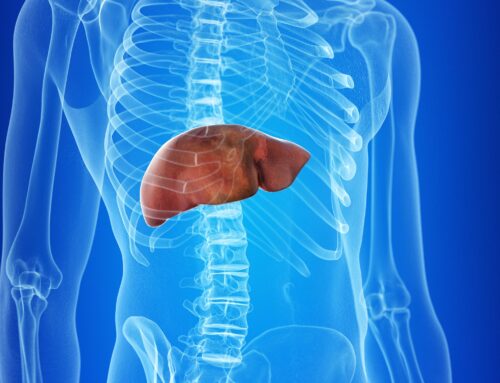September is Pain Awareness Month, a time when the healthcare industry is dedicated to recognizing the struggles of millions of Americans with painful conditions. Chronic pain affects almost 100 million people in the United States, more than the combined number of those with diabetes, heart disease, and cancer. This high endurance of pain teaches us about the relevance of chronic pain awareness and the need for more effective pain management strategies, especially for patients in hospice care.
Living and surviving with chronic pain is challenging and often overwhelming. Pain Awareness Month is crucial for building empathy and improving pain management and comfort. Understanding the causes of chronic pain and the approaches to alleviate it can make a significant difference in the lives of these patients.
What Causes Chronic Pain?
It is a complex and persistent condition that can arise from diverse medical factors. It differs from acute pain, which is typically short-term and diminishes once the body heals. On the other hand, chronic pain can persist for months or even years, extending beyond the initial cause. It may stem from underlying conditions such as arthritis, fibromyalgia, or neuropathy. In some instances, the source of chronic pain may be unknown.
In hospice care, patients frequently suffer from chronic pain due to progressive illnesses such as cancer, advanced heart disease, and neurodegenerative disorders. Some of the most painful terminal illnesses, like pancreatic cancer or late-stage multiple sclerosis, bring intense, unrelenting discomfort. For these patients, managing chronic pain becomes a central focus of their end-of-life care, ensuring that their remaining time is spent in as much comfort as possible.

The Importance of Pain Awareness Month
September is Pain Awareness Month, a nationwide effort to bring chronic pain and its profound impact on daily life into the spotlight. Chronic pain awareness initiatives aim to educate the public, encourage empathy, and promote better pain management solutions. In hospice care, where patients often face physical, emotional, and spiritual suffering, this awareness takes on an even greater significance.
Pain Awareness Month reminds us that patients with chronic pain, particularly those nearing the end of life, deserve a compassionate approach to pain management. Understanding their exceptional needs and challenges ensures that their final days are as comfortable and dignified as possible.
How to Deal with Chronic Pain in Hospice Care
Patients in hospice care are often dealing with progressive illnesses, emotional stress, and the uncertainty of their conditions. Adding chronic pain to this equation makes their situation even more demanding.

The Compassionate Approach to Hospice Care
Pain management in hospice care is not merely about alleviating physical discomfort but about enhancing the patient’s overall quality of life as the end of their life closes. This focus requires a compassionate system that respects the dignity and autonomy of each patient.
In hospice settings, managing chronic pain involves a tender balance of using effective pain relief techniques while minimizing side effects. For instance, while opioids can offer significant relief, they can also cause sedation or other complications. Hospice care providers must weigh these factors to provide the patients with the best possible care.
Empathy is fundamental in this process. Caregivers need to understand the emotional toll chronic pain can take on patients and their families. By offering medical interventions and emotional support, hospice care teams can help patients handle their pain, even in their final life stages.
Our Focus is on Comfort and Dignity
Chronic pain may be an unavoidable part of many progressive illnesses, but it is still possible to provide relief and comfort during one’s final days. During Pain Awareness Month, we emphasize the importance of chronic pain awareness and strive to create empathy in all aspects of care.
At Ascend Hospice Care, we recognize the profound impact chronic pain can have on patients’ lives, especially those facing terminal illnesses. Our commitment to holistic and compassionate care ensures that each patient receives a customized pain management plan that addresses all their physical, emotional, and psychological needs.
As we honor Pain Awareness Month this September, it’s essential to reflect on the millions of individuals living with chronic pain and the unique challenges faced by patients in hospice care. By raising awareness, promoting effective pain management strategies, and building empathy, we can help improve the quality of life for those in need.




